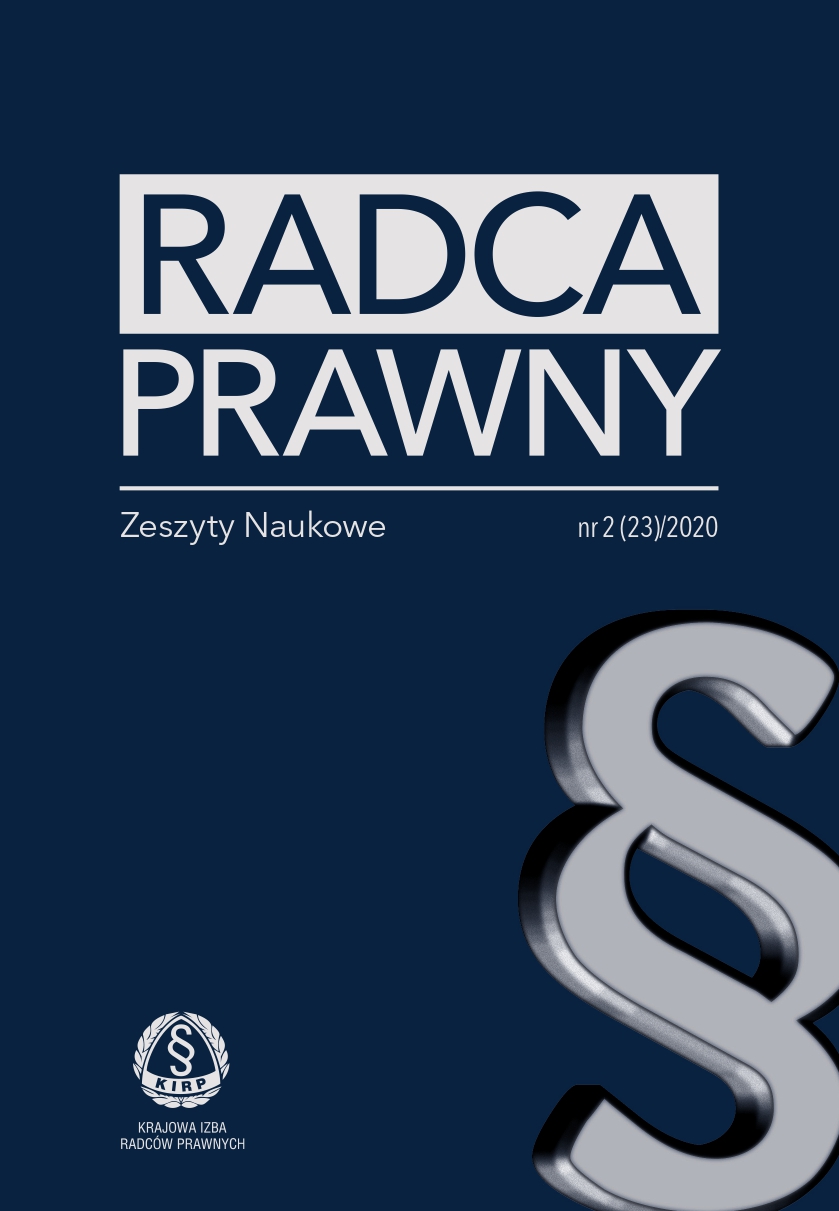Prekluzja dowodowa. Część II
Evidence Preclusion – Part Two
Author(s): Katarzyna SychtaSubject(s): Law, Constitution, Jurisprudence
Published by: Krajowa Izba Radców Prawnych
Keywords: evidence preclusion; the principle of the adversarial procedure; the principle of truth; the possibility to remain silent about statements of evidence
Summary/Abstract: The first part of the article was devoted to the definition of evidence preclusion and the assessment of the meaning of absolute evidence preclusion deadlines from the perspective of the adversarial procedure. Absolute evidence preclusion, i.e. a preclusion that does not provide for any exceptions, e.g. for the benefit of evidence that is objectively useful for explaining the actual course of the event or for the benefit of evidence disclosed after the deadline, was analyzed in the context of a possible conflict with the presumption of innocence and the principle of material truth. The relation between the absolute preclusion of evidence and the principle of the right of defense was also examined, in particular its element which assumes the right to freedom of expression, i.e. the possibility to remain silent about statements of evidence and the right to refrain from self-incrimination (nemo se ipsum accusare tenetur, nemo se ipsum procedere tenetur). The second part of the article contains the characteristics of both preclusions of evidence applicable in the Polish criminal proceedings, i.e. deadlines for the first degree preclusion of evidence set by a procedural body (Article 170 item 6 of the Polish Code of Criminal Procedure) and the second degree of preclusion of evidence applicable ex lege, including the time limit for filing motions for evidence not covered by any legal or factual impediment, due to which a party was not able to invoke them before the court of first instance (Article 452 § 2 item 2 of the Polish Code of Criminal Procedure). The scope of considerations concerning the preclusion of first-degree evidence includes the nature of the competence of the procedural body to establish it, its wide-ranging scope of application and the rules of designation guaranteeing the principle of formal justice, the principle of equality and the principle of a fair trial. The matter of the second-degree evidence preclusion addresses issues relating to the bilateral nature of such preclusions and the grounds for the rejection of a postponed request for evidence, structured in such a way as to exclude the right to evidence submitted in response to new facts or evidence submitted by the appealing party. The article concludes with the reflections on the relative nature of both types of preclusions of evidence, while the exceptions to the obligation to submit a request for a timely presentation of evidence are outlined in the context of guaranteeing the principles violated by an absolute evidence preclusion.
Journal: Radca Prawny. Zeszyty Naukowe
- Issue Year: 2020
- Issue No: 2
- Page Range: 59-94
- Page Count: 36
- Language: Polish

